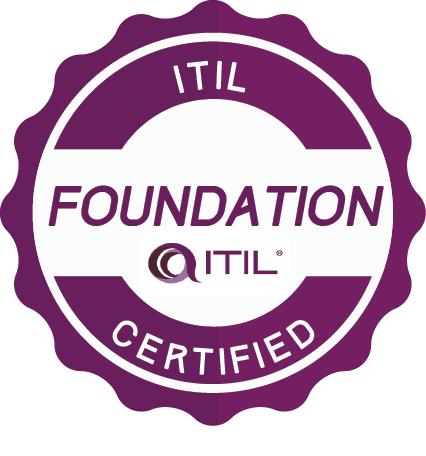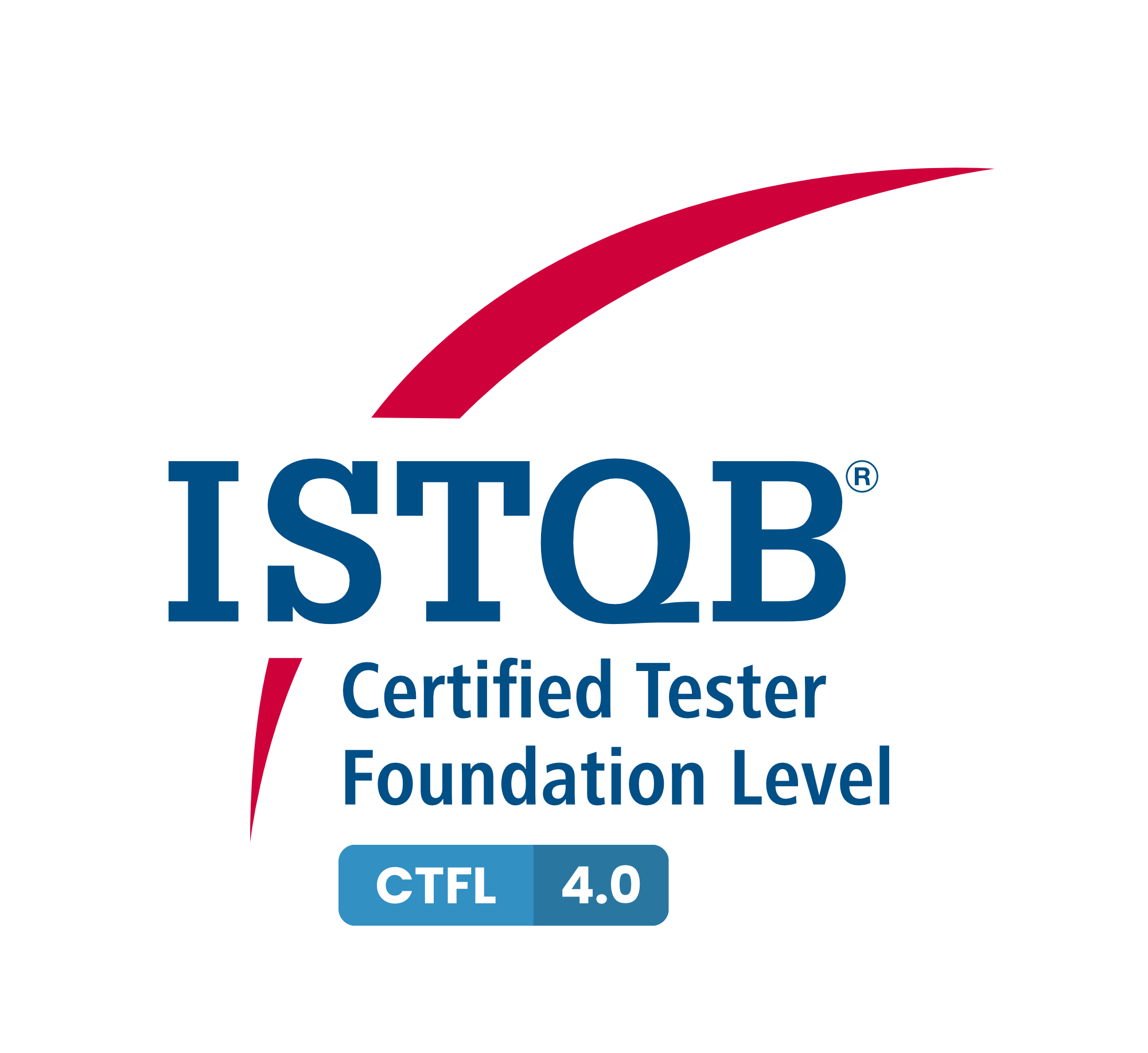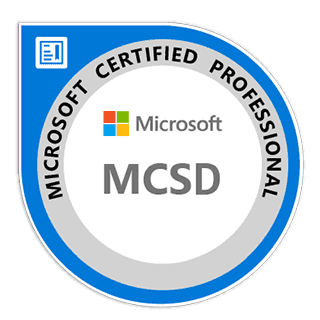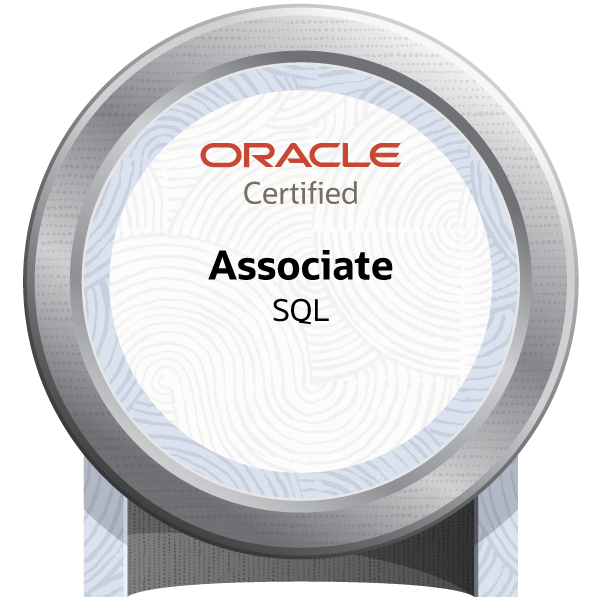Let us help you automate asset transfers and contract creation without intermediary involvement: smart contract architecting includes rolling out a smart contract plan, defining the business logic behind your future smart contract solution, and creating scalable, secure, and effective architecture. Our smart contracts operate on distributed ledgers and virtual tech, making user transactions safe and instant.

Smart Contract Development Company
Smart Contract Development Services
Blockchain smart contracts serve as a powerful tool for automation and internal processes’ streamlining. See what we can do for you to help optimize operations.
-
Smart Contract Architecture
-
Smart Contract Development
Powering a custom smart contract according to your requirements and industry-tailored features. We will cover the entire development process from advisory to support and deploy the final solution on any compatible blockchain of your choice.
-
Smart Contract Auditing
We can make sure your smart contract is safe and functional: for this, we’ll conduct code reviews and audits, testing the newly written smart contract and ensuring there are no vulnerabilities. We provide a logic audit to guarantee stipulated agreements, as well as test contracts after deployment.
-
Smart Contracts Optimization
Investigating the logic behind your current smart contract solution and optimizing it for easier, more economical use. Our team will examine, vulnerability-check, and formulate the necessary adjustments in the smart contract’s basic code.
-
Integration Services
Integrating smart contracts with existing business systems and processes, enabling automation and increased efficiency. This can include integrating with traditional databases, payment systems, or other blockchain-based services.
-
Token Creation and ICO Services
Designing and deploying tokens on blockchain platforms, including utility tokens or security tokens, and managing Initial Coin Offerings (ICOs) or Security Token Offerings (STOs) for fundraising purposes.
-
Cross-Chain Smart Contract Development
Creating smart contracts that can operate across multiple blockchain networks, facilitating interoperability and broader accessibility. Allow for the seamless exchange of information and value between distinct blockchains, expanding the utility and reach of smart contracts beyond the confines of any single blockchain.
-
Legal Compliance and Advisory
Ensuring that smart contracts comply with the relevant legal standards and regulations. This is critical for contracts that involve financial transactions, personal data, or operate in jurisdictions with specific blockchain regulations.
Benefits of Custom Smart Contract Development
There are a number of deliverables smart contracts development will bring into your business. See what will become better and what advantages of Web3 can you leverage.
-
Transparency and Trust
Complete automation is the premise of smart contracts’ transparency. The smart contract works exactly the way it’s coded, without any centralized parties’ interference. Their execution gives them a competitive advantage compared to other technologies, building trust as no single party can alter the contract without consensus.
-
Speed, Accuracy, and Efficiency
Smart contracts automatically execute transactions and agreements upon meeting predefined conditions, eliminating manual intervention and reducing the time and potential for errors in executing obligations. Being digital and automated, they suggest no paperwork to complete or time wasted fixing mistakes happening when documents are filled out manually.
-
Stay Secure & Safe
Hacking a blockchain record is close to impossible; additionally, hackers would need to alter the entire chain to change a single record on a distributed ledger since each record is linked to the ones that came before and after it. Cryptographic security measures make them less prone to fraud or interference, providing a higher level of security compared to traditional contract law.
-
Leverage Decentralization
Since they run on a blockchain, smart contracts operate in a decentralized environment. This means there's no need for a central authority to manage transactions, reducing potential points of failure and risks of censorship. By enabling secure, transparent, and direct transactions, smart contracts open up possibilities for innovative business models and services that were not possible under traditional contracting mechanisms.
-
Be Modern Yet Compliant
Smart contracts can be designed to automatically enforce compliance with regulatory requirements and provide an immutable audit trail, simplifying the auditing process: deployed on global blockchain networks, smart contracts provide businesses with the ability to easily execute agreements with international partners without concerns about jurisdictional legal systems and their complexities.
Key Features of Custom Smart Contract
Contract Code
The most critical component of a smart contract is its code. This code defines the rules, conditions, and outcomes of the contract in a programming language that the blockchain can interpret. Languages such as Solidity (for Ethereum) are commonly used for writing smart contracts. The code dictates how the contract behaves in different scenarios, including how it initiates transactions, responds to inputs, and reaches its end state.
Data Storage
Smart contracts have their own storage on the blockchain, where they keep state variables and other relevant data. This data could include the contract terms, current status, parties involved, and any other pertinent information required for its execution. The data is immutable and distributed, ensuring integrity and availability.
Functions
Functions within a smart contract are blocks of code that are executed when certain conditions are met. These functions can modify the contract's data, trigger transactions, or interact with other contracts. Functions are what make smart contracts "smart" by enabling active management and response to inputs.
Digital Signatures
For a smart contract to be executed, parties involved must consent to the terms, which is typically done through digital signatures. Using cryptographic keys, a participant signs the transaction, which verifies their agreement to the contract's terms and authorizes the contract to execute.
Consensus Mechanism
This isn’t part of the smart contract itself but is crucial for its operation. Blockchain networks use a consensus mechanism to agree on the state of the blockchain and the results of contract executions. This mechanism ensures that the outcome of a smart contract is validated and accepted by the network, making the contract’s execution tamper-proof and irreversible.
Oracles (for external data)
Some smart contracts require information from the outside world (e.g., stock prices, weather data) to execute their terms. Oracles are services that provide this external data to the blockchain in a trustworthy manner. Though not part of the smart contract's code, they are essential for contracts that depend on external triggers.
Event Listeners
Smart contracts can emit events to signal that something has happened (like a condition being met or a transaction being executed). External applications can listen to these events and react accordingly, facilitating interaction between the blockchain and external systems.
Conditional Statements and Control Structures
These programming constructs within the contract code allow the contract to make decisions, loop through operations, and execute based on conditions being met. They are fundamental for the logic that governs contract execution.
Industry Contribution Awards & Certifications
Check Devox Software Awards on rating & review platforms among top software development companies and Certifications our team members holds.
- Awards
- Certifications

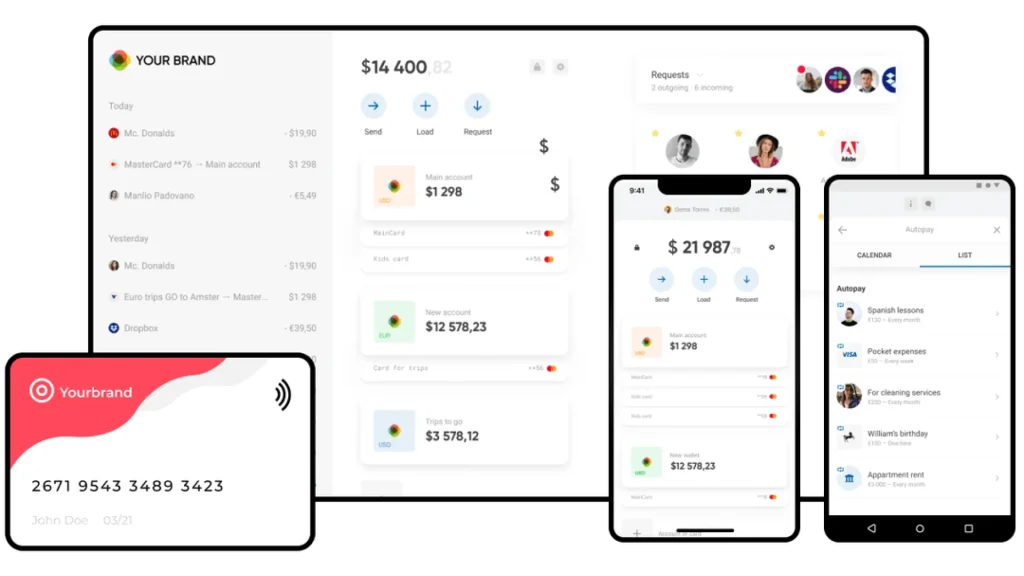
Web 3 White-label PaaS NeoBank
Our client is a blockchain technology firm that has a network of international financial service provider partners. The project is a white-label PaaS ecosystem for neo banking solutions based on the blockchain network.
Additional Info
USA


Professional Event Ecosystem
Starting as a ticket selling website, Function4 grew to an all-in-one event management platform thanks to Devox’s help. It provides an ecosystem and data for comprehensive device setup, invitation and communication.
Additional Info
- Vue js
- GSAP
- Ruby
- Azure
USA

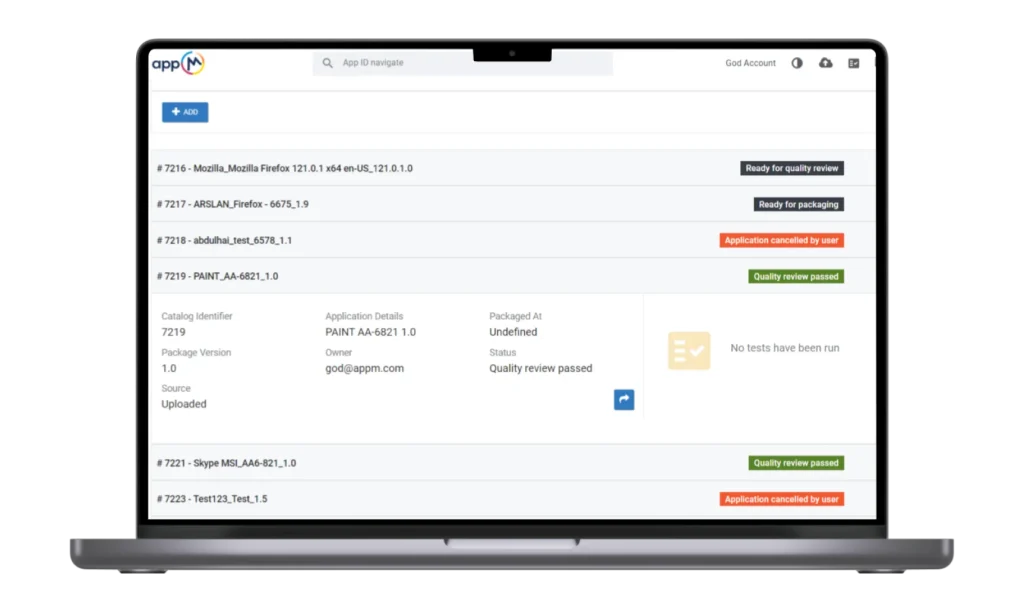
Enterprise Digital Workplace Management Platform
Juriba is a broad system providing end-to-end automation and smart workflows required to manage large IT projects. With advanced features like seamless integration with existing tools, smart automation and data-driven dashboards and reports, it’s specifically tailored to digital solutions production.
Additional Info
- .NET 6
- MS SQL
- Redis
- Angular
- NgRx
- RxJS
- Kubernetes
- Elasticsearch
United Kingdom
companies that chose us for web development
Testimonials
FAQ
-
What is a smart contract and what is it for?
Smart contract is a blockchain-based computer algorithm that forms, manages or provides information about a digital asset. They are often used to automate the implementation of an agreement so that all parties may be confident of the conclusion right away, without the need for an intermediary or additional delay.
Smart contracts are used for any kind of operation on the blockchain. On DEXes, they are used in liquidity pools, swaps and staking, while P2E and NFT-gaming utilize smart contracts development to enable more interesting in-game mechanics.
-
What tools and technologies do you use during smart contract development?
The Devox team develops smart contracts on Ethereum, as well as all the related blockchains (Polygon, Avalanche, Arbitrum, Optimism, Fantom, Binance Smart Chain, Tron, Aurora, xDAI, Gnosis, Harmony, Moonbeam, Moonriver, Metis, Celo, Telos, Velas). We also work with Solana, Polkadot, Ripple, Cardano, Near, Hyperledger Fabric, Hyperledger Sawtooth, ConsenSys Quorum, Hyperledger Besu, and Substrate.
-
How are blockchain and smart contracts connected?
Blockchain and smart contracts are intrinsically connected, with blockchain serving as the foundational technology enabling smart contracts’ existence and operation.
Blockchain is a distributed ledger technology that maintains a secure and immutable record of transactions across a network of computers. This technology ensures transparency, security, and decentralization of data. Each block in the chain contains a number of transactions, and once a transaction is recorded, it cannot be altered or deleted, making blockchain a trustless system where parties can transact without needing to know or trust each other.
Smart contracts are self-executing contracts with the terms of the agreement directly written into code. They run on blockchain networks and automatically execute actions (like transferring funds or recording data) when predetermined conditions are met, without the need for intermediaries.
-
Are smart contracts worth investment and time?
Investing time and resources in smart contracts can offer significant returns, especially for businesses and industries looking to innovate and optimize their operations, as well as leverage the promise of blockchain. The primary value lies in their ability to automate processes, reduce the need for intermediaries, enhance security, and increase transaction speed. For industries such as finance, real estate, supply chain management, and intellectual property, smart contracts can dramatically streamline operations, cut costs, and open up new avenues for digital interaction that were previously impossible.
Schedule a Meeting to Discuss Your Goals
Well contact you within a couple of hours to schedule a meeting to discuss your goals.
Let's discuss your project!
Share the details of your project – like scope or business challenges. Our team will carefully study them and then we’ll figure out the next move together.
Thank You for Contacting Us!
We appreciate you reaching out. Your message has been received, and a member of our team will get back to you within 24 hours.
In the meantime, feel free to follow our social.













